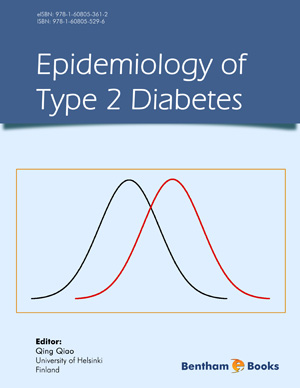Abstract
Inhabitants of Western countries are at an increased risk of energy imbalance, where processed and fast foods are the dominant food supply and the ability to make healthier food choices is clouded by persuasive marketing campaigns and a fast-paced convenience culture. Healthcare professionals and policy makers must take into account the vast behavioral, sociocultural, environmental, and genetic factors that influence dietary behavior and body weight. Food components to reduce include sodium, added sugars, and saturated as well as trans fats. Foods to increase include whole grains, fruits, and vegetables. Achieving these dietary recommendations requires effecting change at the individual, community, and global level.
Keywords: Behavior, carbohydrates, diet, dietary recommendations, fat, food choices, global health, health status, nutrition, obesity, overweight, protein, resting metabolic rate, risk, sodium, sugars, weight management, wellness, whole grains.

















